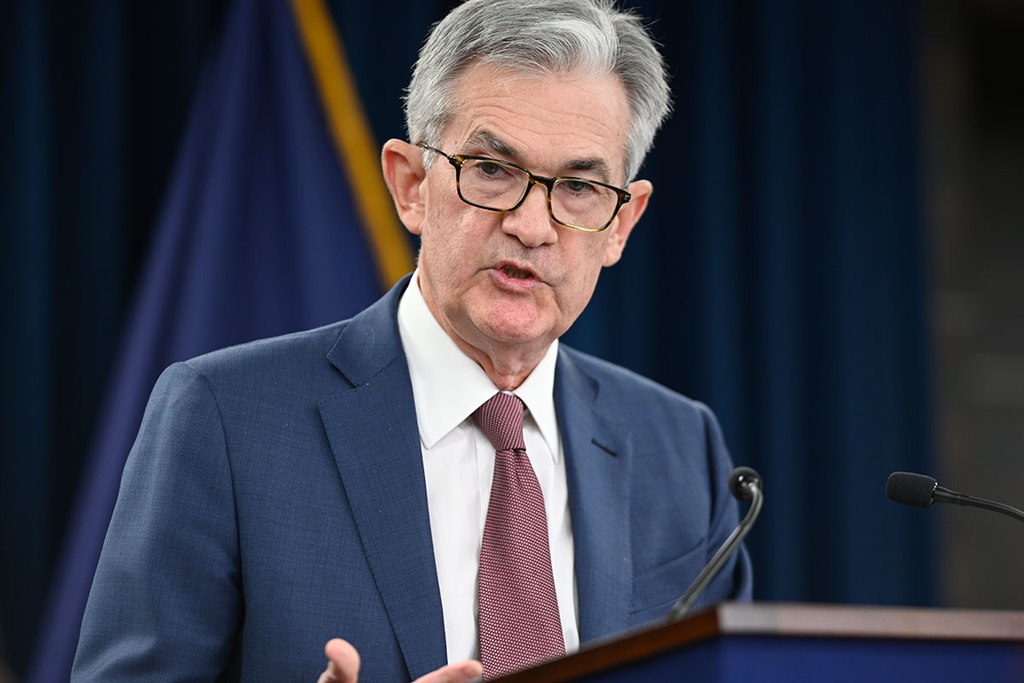
Nicholas Anway is a student at Harvard Law School.
In today’s news and commentary: We’re in the midst of a “structural” labor shortage, giving workers bargaining power.
“It feels like we have a structural labor shortage out there,” said Federal Reserve Chair Jerome Powell late last week. And according to Business Insider, the tight labor market is a source of worker power. There are just under 4 million more jobs than workers in the labor force, the Fed reported; the aggregate labor force participation rate remains stuck below pre-pandemic levels. Powell pointed to three factors as driving the worker shortage. First, “accelerated retirements”: Goldman Sachs estimated that of the 2.5 million people who retired during the pandemic, 1.5 million retired early. Second, Powell emphasized the pandemic’s tragic effects on workers, explaining that “[c]lose to half a million who would have been working died from COVID.” Third, the market is “missing” over one million immigrant workers, according to Giovanni Peri, the director of the Global Migration Center at the University of California at Davis. “If you ask businesses, you know, pretty much everybody you talk to says there aren’t enough people,” Powell said. The labor market demand, reports Insider, means that “employers are still offering more in attempts to get workers.”






Daily News & Commentary
Start your day with our roundup of the latest labor developments. See all
July 18
Trump names two NLRB nominees; Bernie Sanders introduces guaranteed universal pension plan legislation; the DOL ends its job training program for low-income seniors; and USCIS sunsets DALE.
July 17
EEOC resumes processing transgender workers' complaints; Senate questions Trump's NLRB General Counsel nominee; South Korean unions strike for reforms.
July 16
The U.S. Department of Health and Human Services lays off thousands of employees; attorneys for the Trump Administration argue against revealing plans to reduce the workforce of federal agencies; and the Fourth Circuit grants an emergency stay on the termination of TPS for thousands of Afghans.
July 15
The Department of Labor announces new guidance around Occupational Safety and Health Administration penalty and debt collection procedures; a Cornell University graduate student challenges graduate student employee-status under the National Labor Relations Act; the Supreme Court clears the way for the Trump administration to move forward with a significant staff reduction at the Department of Education.
July 14
More circuits weigh in on two-step certification; Uber challengers Seattle deactivation ordinance.
July 13
APWU and USPS ratify a new contract, ICE barred from racial profiling in Los Angeles, and the fight continues over the dismantling of NIOSH